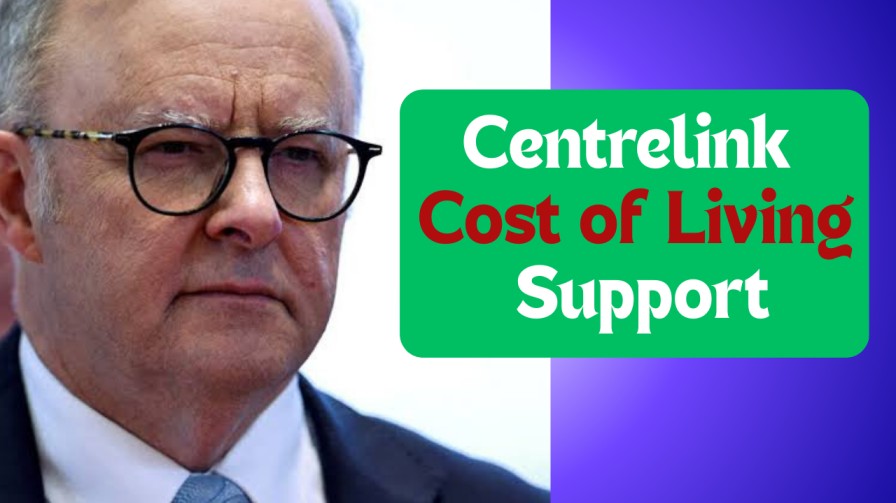$2000 Fourth Stimulus Checks 2025: For many Americans, the financial strain from rising food prices, rent hikes, and skyrocketing utility bills is still very real. Inflation continues to squeeze everyday living costs, and as a result, the idea of a $2,000 Fourth Stimulus Check is back on the table in Washington. While nothing is official yet, the conversation around a potential stimulus has gained traction both in Congress and in households across the nation.
If passed, a $2,000 stimulus could offer much-needed relief to millions of middle- and low-income families. As lawmakers search for ways to help citizens struggling to keep up with inflation, this stimulus check is one of the strongest proposals being discussed. In this article, we’ll break down the eligibility criteria, possible payout schedule, and what you can expect if the check doesn’t pass.
$2,000 Fourth Stimulus Check 2025: What You Should Know
The proposed $2,000 Fourth Stimulus Check is designed to provide financial relief to families still dealing with pandemic-related debts and rising living costs. While nothing has been confirmed yet, government officials are well aware of the ongoing challenges many citizens are facing. If approved, this round of federal aid could play a significant role in helping people weather these tough times.
Key Information About the $2,000 Stimulus
| Program Name | IRS Fourth Stimulus Check |
|---|---|
| Authority | Internal Revenue Service (IRS) |
| Country | United States |
| Proposed Amount | $2,000 |
| Eligibility | Based on income and filing status |
| Payment Date | TBD (Possibly late 2025 or early 2026) |
| Payment Method | Direct deposit, paper check, or debit card |
| Official Website | www.irs.gov |
Who Will Qualify for the $2,000 Stimulus?
If the $2,000 Fourth Stimulus Checks get the green light, the eligibility will likely resemble previous rounds. Here’s what you need to know:
- Individuals earning less than $75,000 annually may qualify.
- Married couples filing jointly should earn less than $150,000 a year.
- Heads of households may qualify based on adjusted income limits.
- People receiving SSI, SSDI, or Social Security could receive payments automatically.
- Non-filers may need to update their information with the IRS, including banking details.
If these checks are confirmed, it’s a good idea to update your tax records and ensure your direct deposit info is up to date with the IRS to speed up the payment process.
When Will the Payments Be Sent?
As of now, there’s no official date for the payment rollout. The legislation is still being debated, but experts believe that payments could begin as early as late 2025 or early 2026, depending on when the bill is passed.
Once approved, the IRS will likely distribute the payments through:
- Direct deposit (the quickest method)
- Mailed checks
- Prepaid debit cards
To get ready, make sure your most recent tax return is filed, and your contact and banking information is up to date with the IRS.
What Happens if the $2,000 Check Doesn’t Happen?
In the event that Congress doesn’t approve the $2,000 Fourth Stimulus Check, there are still other forms of support that may come into play. These could include:
- An expanded Child Tax Credit (CTC)
- More funding for SNAP (food assistance)
- Increased rental or housing relief
- Extended unemployment benefits
While the $2,000 check is currently the most talked-about option, lawmakers may focus on providing targeted relief for families with children, low-income households, and individuals receiving disability benefits.
Concerns About Future Stimulus Payments
During previous rounds of stimulus, many Americans—especially those on SSI, SSDI, or Social Security—raised concerns about being excluded or facing delays. This issue has become a bigger topic in Congress as lawmakers work to ensure that future relief programs include everyone who qualifies, regardless of their income source or employment status.
There’s a growing recognition that financial aid programs need to be inclusive of disabled individuals, seniors, and low-income earners—not just full-time employees. This could reshape how future relief packages are structured.
The Economic Impact of a Fourth Stimulus
One reason the $2,000 stimulus check is generating attention again is its potential to stimulate the economy. When people have money to spend, it doesn’t just help them cover daily expenses—it boosts consumer activity, supports local businesses, and even generates more tax revenue in the long run.
For many families, this financial support could help them:
- Pay down lingering debt
- Manage rising energy and utility costs
- Catch up on rent or mortgage payments
- Prepare for school and childcare expenses
In this way, the stimulus serves as both short-term relief and a longer-term investment in economic stability.
FAQs
- When could the $2,000 Fourth Stimulus Check payments start?
Payments might begin in late 2025 or early 2026, depending on when the bill is approved. - What happens if the $2,000 check doesn’t get approved?
If the check is not passed, people may still receive expanded support through things like tax credits, food assistance, or housing relief. - Is the $2,000 Fourth Stimulus Check approved yet?
No, the check is still under discussion, and no official legislation has been passed yet. - Will Social Security and SSDI recipients qualify?
Yes, based on past stimulus rounds, Social Security and SSDI recipients would likely get the payment automatically. - How will the money be sent?
The payments would be distributed through the IRS, likely via direct deposit, paper checks, or debit cards.
Final Thoughts
The proposed $2,000 Fourth Stimulus Check for 2025 has yet to be confirmed, but the conversation itself speaks to a bigger, ongoing issue that millions of Americans are facing: the need for financial relief amid the challenges of inflation and high costs. While Congress debates the approval, individuals should take proactive steps—like filing their taxes, updating personal information with the IRS, and staying informed through official channels.
If it passes, this stimulus check could be a lifeline for many. But even if it doesn’t, there are other ways the government may step in to offer support. Either way, it’s clear that the need for assistance is far from over.



